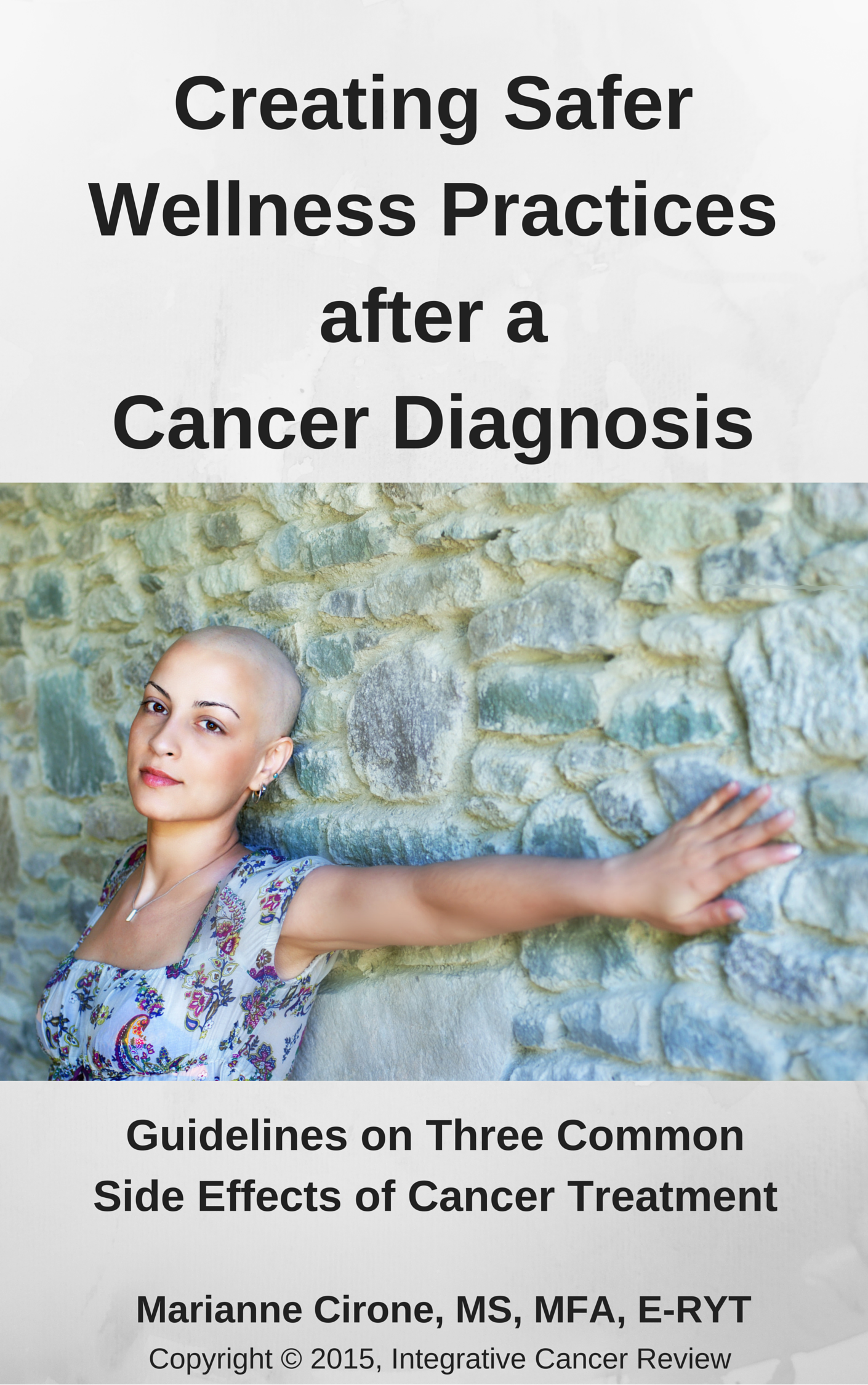
In October, the National Institutes of Health awarded a $4 million grant to further investigate exercise’s role in the development of breast cancer and its recurrence.
The first and most extensive study of its kind will target a biomarker in fat cells to better understand how exercise lowers risk of breast cancer recurrence in women, according to the University of Southern California (USC).
Christina Dieli-Conwright, PhD, MPH, assistant professor of research in the USC’s Division of Biokinesiology and Physical Therapy, will measure the impact of exercise on 300 sedentary and overweight survivors of breast cancer. This study hopes to understand better how “exercise improves inflammation in adipose tissue or fat tissue” and assess the impact of obesity on breast cancer.
Some studies have noted that inflammation in fat tissue can aid in the growth of cancer or contribute to its recurrence. “Since obesity is such a huge risk factor for poor cancer prognosis in breast cancer survivors, this will be a unique opportunity for us to be able to answer some questions related to why obesity is so harmful,” Dieli-Conwright said.
Measuring impact of aerobic, high-intensity circuit training and sedentary lifestyle
The 12-month study will sort participants randomly into three groups:
- Group 1 will participate in a traditional exercise program (aerobic and resistance exercises).
- Group 2 activities will focus on high-intensity circuit training (i.e., intervals of aerobic and resistance exercises at a faster pace).
- Group 3 (control group) will be asked to maintain their current sedentary lifestyle.
The workouts will take place under the supervision of certified cancer exercise trainers in Dieli-Conwright’s Integrative Center for Oncology Research in Exercise Laboratory. The study is using the American Cancer Society’s exercise recommendation of approximately 75 to 150 minutes a week. Researchers will take fat biopsies from participants at the beginning and end of the study. UCLA’s Steven Mittelman, MD, PhD, will coordinate the laboratory analysis of these biopsies.
The takeaway: Scientific evidence leads to better exercise recommendations
This study intends to gather and assess precise evidence and offer guidance on ways to approach exercise in the future for breast cancer survivors.
“We treat exercise as a drug, so we prescribe it as systemically and precisely as we can so that we know that we can measure the effectiveness,” Dieli-Conwright said in a statement. Previous studies show that exercise can have a significant impact on quality of life, outlook on prognosis, ability to have social interactions and confidence, she said.
After the first year, Dieli-Conwright plans to follow participants to observe survival outcomes.
Source: https://news.usc.edu/149672/can-exercise-stop-recurrence-of-breast-cancer/
ICR discussion about obesity and breast cancer
There is a growing body of scientific evidence that implicates obesity with breast cancer, more so than other types of cancers. While this study attempts to understand the relationship between this disease and body condition better, it underscores the vital role that appropriate levels of exercise have on physical and mental health.
For cancer patients, it is important to seek guidance from qualified healthcare professionals when starting any exercise program. Please note that sudden increases in training load can correlate with an increase in lymphedema risk for breast cancer survivors.
For breast cancer survivors, what has been the most difficult challenge in developing an appropriate exercise program? How have you succeeded in spite of the many emotional and physical challenges patients face after diagnosis, treatment, and beyond?



















